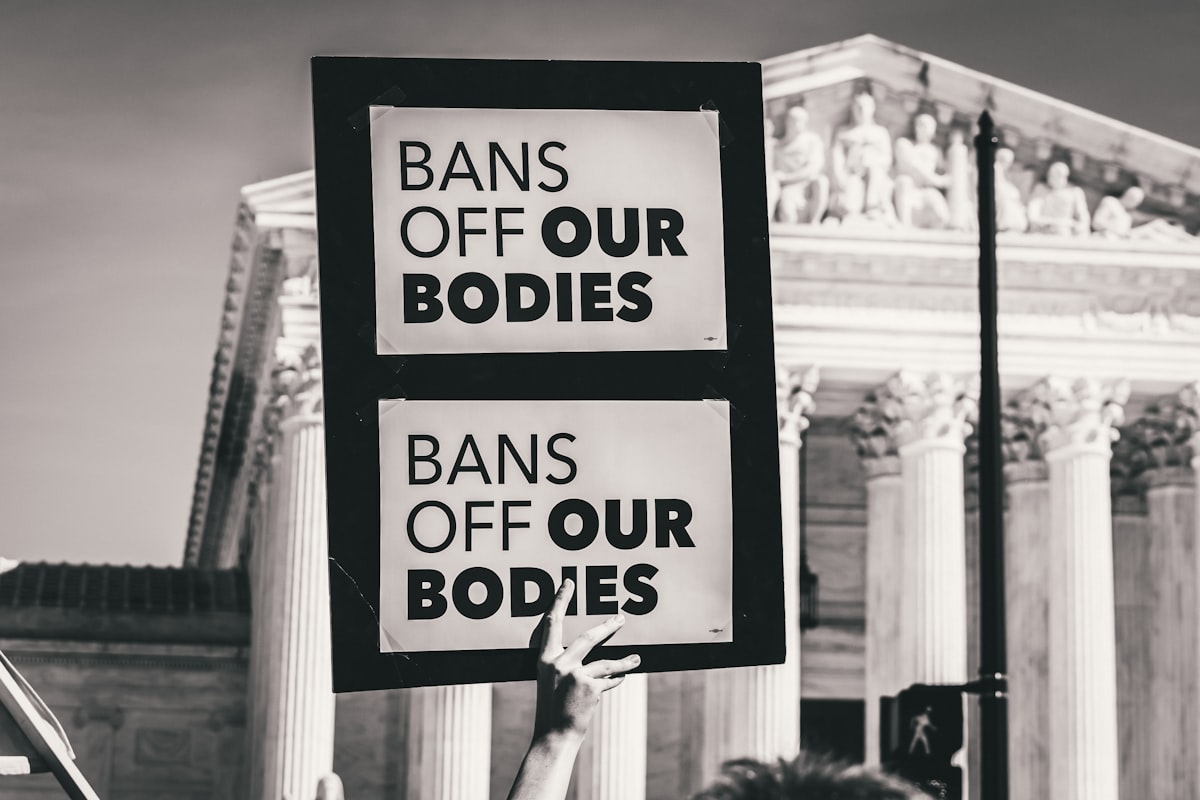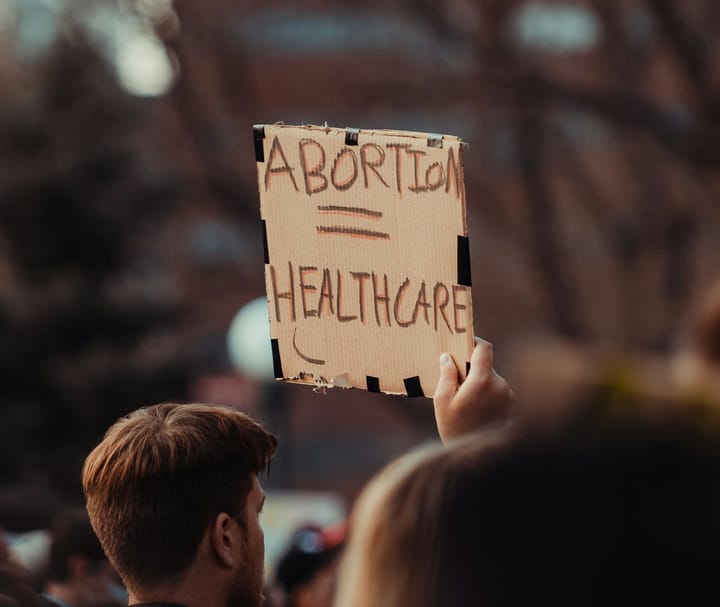A Primer On The Comstock Act

As abortion continues to play a major role in Texas and national politics, a law from the nineteenth century keeps getting mentioned: the Comstock Act of 1873. And ever since the Arizona Supreme Court upheld an abortion ban that dates back even earlier to before it was even a territory, suddenly this nineteenth century relic doesn’t seem so extraneous. Here is what you should know about the Comstock Act and how it could lead to a de facto national abortion ban in a potential next Trump administration.
What is the Comstock Act?
The Comstock Act was enacted by Congress in 1873 and banned the mailing and receiving of “obscene, lewd, or lascivious” writings and materials. The Comstock Act also made it illegal to disseminate any form of birth control or contraception, as well as “any article of thing” used for an abortion.
Who was Comstock?
Anthony Comstock was born into a deeply religious family in 1844. He enlisted in the Union Army during the Civil War and was horrified at the apparent evils he saw fellow soldiers engaging in (including drinking liquor). According to Smithsonian, when he moved to New York City to work at a grocery store and discovered a fellow employee had an erotic book, he helped locate the store that originally sold the offensive material and got them booked on obscenity charges. Shutting down obscenity became Comstock’s crusade that took him from being a member of the Young Men’s Christian Association all the way to the U.S. Postal Department where he was appointed a special agent. His vigorous campaign against anything he viewed as degenerate led to the passage of his namesake law.
Were people arrested under Comstock laws?
Many! There are infamous cases throughout U.S. history of individuals being arrested under charges brought forth via Comstock. These would include two New York publishers who were prosecuted for violating Comstock by mailing a serialized version of Ulysses, the acclaimed novel by James Joyce. Planned Parenthood founder Margaret Sanger was also prosecuted for violating the Comstock Act by shipping contraceptives in the mail.
This law is still on the books?
Several Supreme Court decisions substantially weakened the basic premise of the Comstock Act, including what constitutes obscenity. Then after the case Griswold v. Connecticut, which determined that married couples have the right to contraception, Congress decreed that mailing birth control or contraceptives was no longer prohibited. However, according to the public policy group KFF, three other attempts by Congress to remove abortion-related statutes from Comstock all failed.
So Comstock is essentially a zombie law?
That is a term that many have used to describe Comstock, because while several components of the Act have been nullified by Supreme Court decisions or laws from Congress, it’s never been repealed.
How could the Comstock Act relate to abortion now?
While Donald Trump is trying to muddy the water when it comes to abortion as he seeks a return to office (though he is very proud of his role in overturning Roe v. Wade), his fellow allies have not made it a secret that the Comstock Act would play a major role in banning abortion nationwide. Jonathan Mitchell, the former Texas solicitor general and architect of Senate Bill 8, stated as much according to reporting from the New York Times. The Comstock Act was also mentioned by the Alliance Defending Freedom in their lawsuit seeking to ban mifepristone which was originally filed in Amarillo so it could be heard by U.S. District Judge Matthew Kacsmaryk. While the Supreme Court appears hesitant to rule on behalf of the plaintiffs seeking to restrict access to mifepristone, both Justices Thomas and Alito appeared open to one day upholding the Comstock Act.
What would enforcing the Comstock Act do to abortion?
The Comstock Act could go well beyond criminalizing the mailing of abortion bills like mifepristone or misoprostol. KFF notes that a broad interpretation of the law would also bar anything being mailed, like instruments or medical devices, that could be used for abortion. And this goes beyond tools needed for an abortion, the medications used for miscarriage treatment could be impacted.



Comments ()